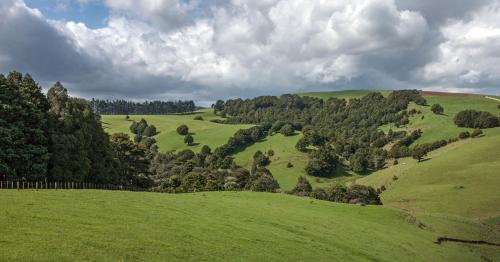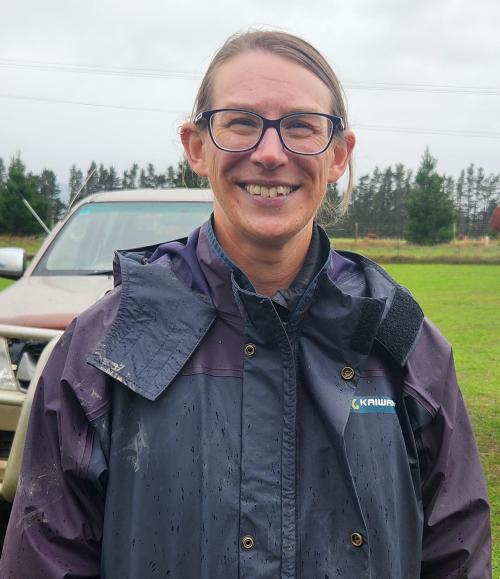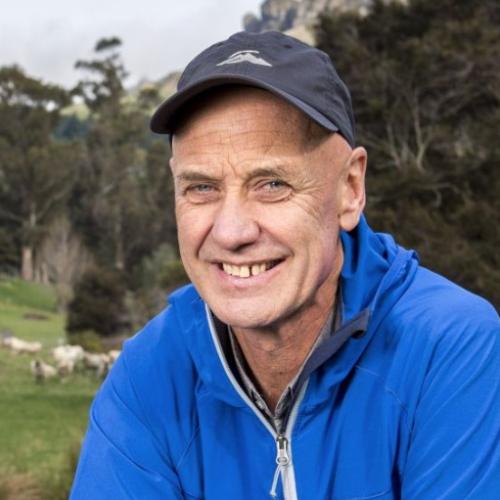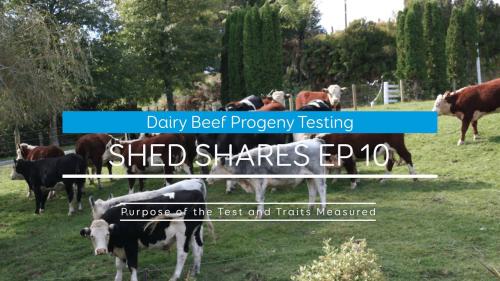Search results
Displaying 121 - 130 results of 805
- Factsheet… proposed irrigation development stranded assets 54 9 case study farm 55 introduction farm … mixed age two tooth 2th ewes 800 inlamb hoggets lambing 145 4year average proportion lambs … ballance mitagator including nutrient budgets 35 retired 125ha highly erodible country …
- Industry datachina market insights executive summary china remains important market new zealand red meat however weaker chinese economy competition from other countries has meant headwinds processorsexporters …
- Factsheet… yourself document condition property assets start lease including timestamped … appropriate lease structure protect your assets investments accountingfinancial team … property tenant lessor person who leases lets property another landlord enterprise model …
- News… forestry conversions being entered into the ETS. Find out more about this issue and what …

- Andrew is a full time Mediator and Facilitator. Born and bred in the Wairararapa, on a sheep and beef farm in Wainuioru. Andrew is passionate about farming, its place in NZ and its intrinsic …
- Podcast… Advice from Erin Riley, North Canterbury Vets talking at a recent Beef + Lamb New …

- VideoAnna then delves into the traits measured and the results so far. …
- PodcastIn this presentation as part of the Otago Catchments Biodiversity Series, Professor David Norton explains what biodiversity is, why it’s important and his advice for incorporating …

- Factsheet… follow given current information number skillsets potential certifiers lack systems skilled … entirely new systems governments proposal sets out what needs done provides detail how … once operational discussion document clearly sets out what every person chain has which …
- Editable PDF… demands market increasingly access markets shelves pockets affected responses climate action impact … committed ensuring continue have access markets retailers consumers responding …
